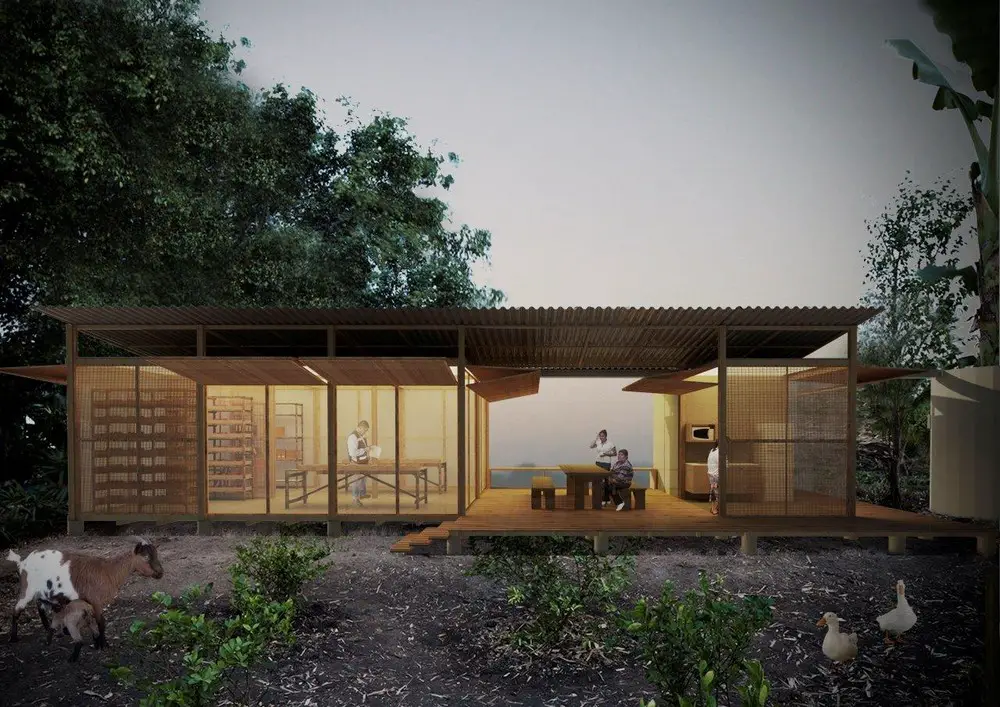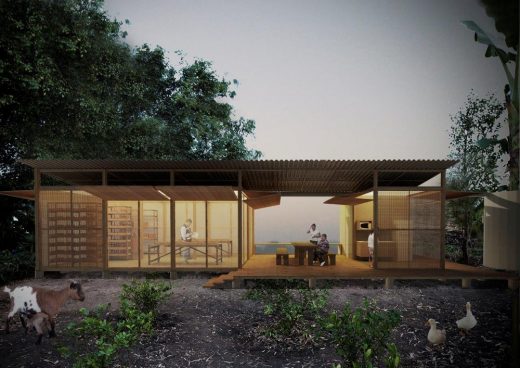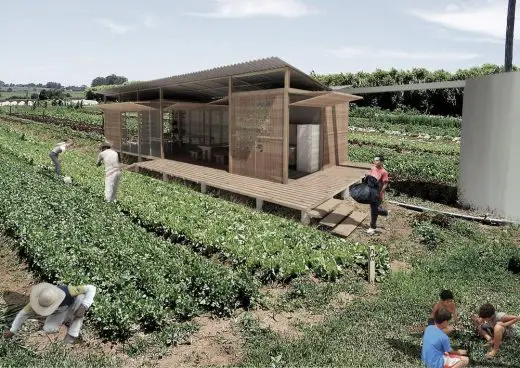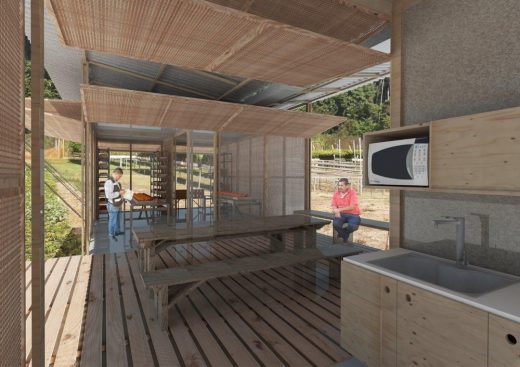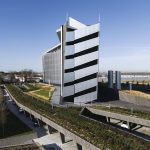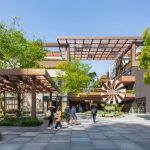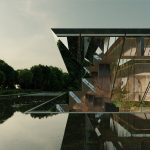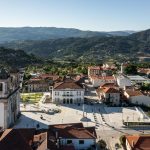2016 Global Innovation Camp, Italian Architecture, Concept Design, Images
2016 Global Innovation Camp in Italy
Italian Temporary Concept Work Pods Development design by Estudio Flume architects
17 Nov 2016
2016 Global Innovation Camp
Design: Estudio Flume, architects
Location: Italy
A prototype of low cost agro industries wins the 2016 Global Innovation Camp in Italy
Based on the principle of poverty eradication through its origin, this proposal of Estúdio Flume, an architecture office from Brazil, is an innovative way to generate income as a first step to develop self-sustainable communities and individuals.
The merger between design and local materials and techniques will be implemented to respond the needs identified in small agro food factories, where people will locally build cells that can grow according to the demand suiting different scales of production. They can also be located in inhospitable and difficult access regions, where industrial construction methods are not affordable.
Today in Latin America the average urban population is 80 %, while the world average is 51%. This indicates a lack of opportunities for people who live in towns or small cities. In the specific case of Brazil, according to the IBGE (Brazilian Institute of Geography and Statistics), the Northeast region is the hardest hit, as it had the highest absolute loss of population, 760.000 people in the last census. Given this recurring reality, we wonder if they could not generate job opportunities through the local development of small cities and communities as a way to combat poverty.
Based on the principles of “primitive future” by Sou Fujimoto, the innovativeness of this proposal is the identification of the cultural and physical potential of the materials already used and conceptual and constructive improvement of local techniques, helping communities to grow locally in the most sustainable way.
Permaculture techniques are inexpensive and simple to apply and spread in the community, but involves care and maintenance, which must be learned and incorporated by communities. Designed on a modular system, the architectural units that make up the whole are constituted by the sum of standardized parts. Both, the structure, partitions and seals are fabricated in community workshops and assembled by local workers, accelerating the construction process and strengthening them economically. The montage of the system is done by a few operators and with conventional tools, emphasizing the standardization of process, optimizing the construction time and improving costs and thus releasing time for them to focus on the economical activity. The cells can replicate according to the demand of different scales.
The idea is to incorporate learning that care maintenance of structures, in the process of incubation of cooperatives, to ensure the durability of the structure. Even having different contexts, the economic poverty of the communities as well as adverse ground conditions, have similarities.
It allows the structures, once verified the production systems and local particularities in different regions of Brazil, to be replicated in other territories. For example: babaçu straw can be replaced by a wood braided straw or any other local and flexible existent material. Also the ground elevated structure enables the deployment of modules in different soil types, protecting it from floods and temperature variations.
About Estudio Flume
Founded in 2014 in Brazil with the aim of improving the suitability of social / ambiental architecture solutions, Flume’s priorities are to develop urban solutions to Brazilian metropolis problems, as well as social architecture in production and working spaces in partnership with institutions focused on accelerating inclusive and community businesses.
2016 Global Innovation Camp in Italy information / images received 171116
Location: Italy, southern Europe
Italian Architecture Designs
Contemporary Italian Architectural Selection
Italian Architectural Designs – chronological list
Florence Architecture Walking Tours
Affordable Housing in Prato
Design: studiostudio architettiurbanisti
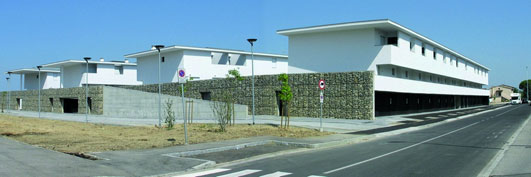
photo : Bruno Pelucca
Housing in Prato
MAXXI : National Contemporary Arts Centre, Rome
Design: Zaha Hadid Architects
MAXXI Rome Building
Blaas head office in Bolzano, northern Italy
Design: monovolume architecture+design
Blaas Bolzano
Lonate Ceppino Library
Design: DAP studio architetto
Italian Library Building
Comments / photos for the 2016 Global Innovation Camp in Italy – New Italian Architecture page welcome
Website: Estudio Flume

